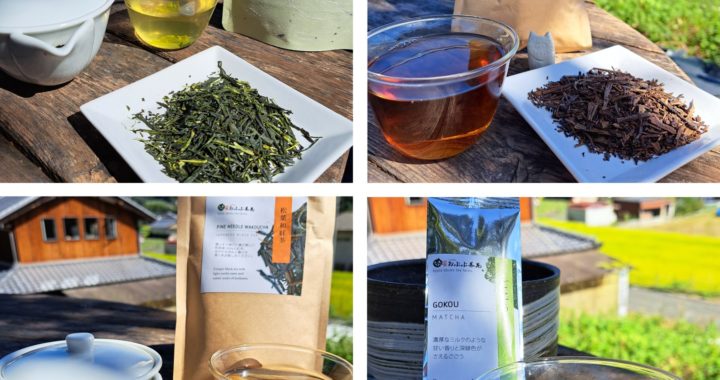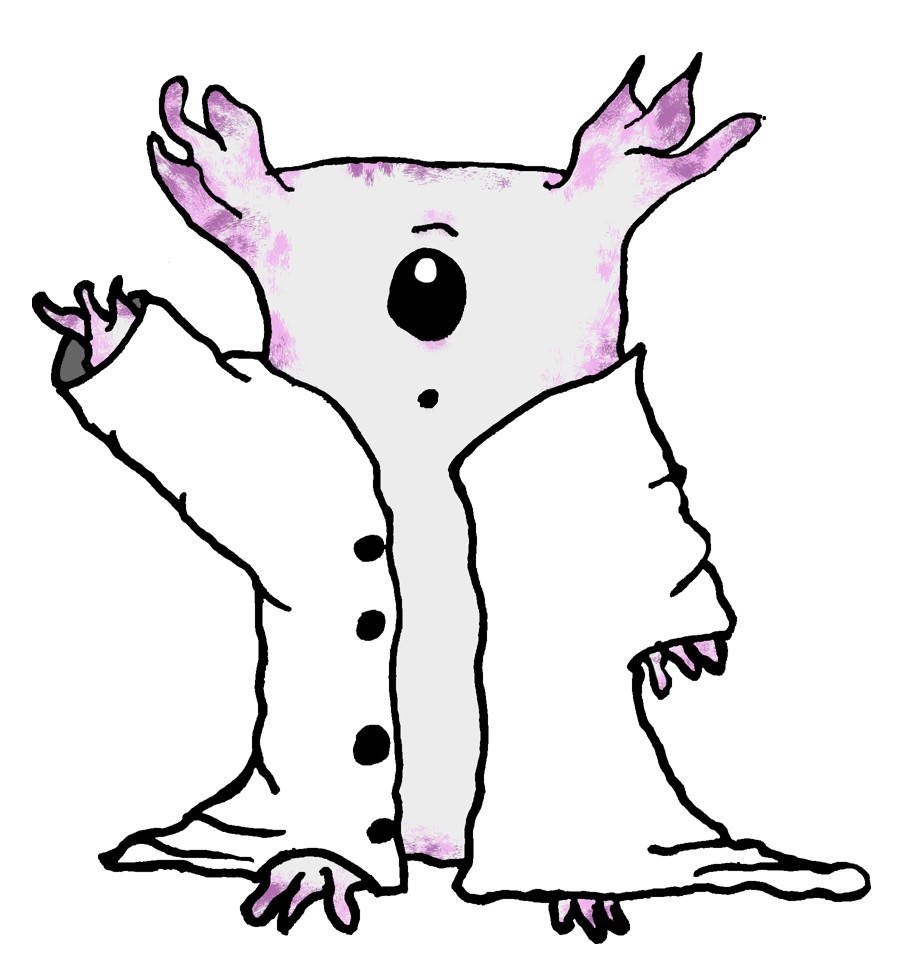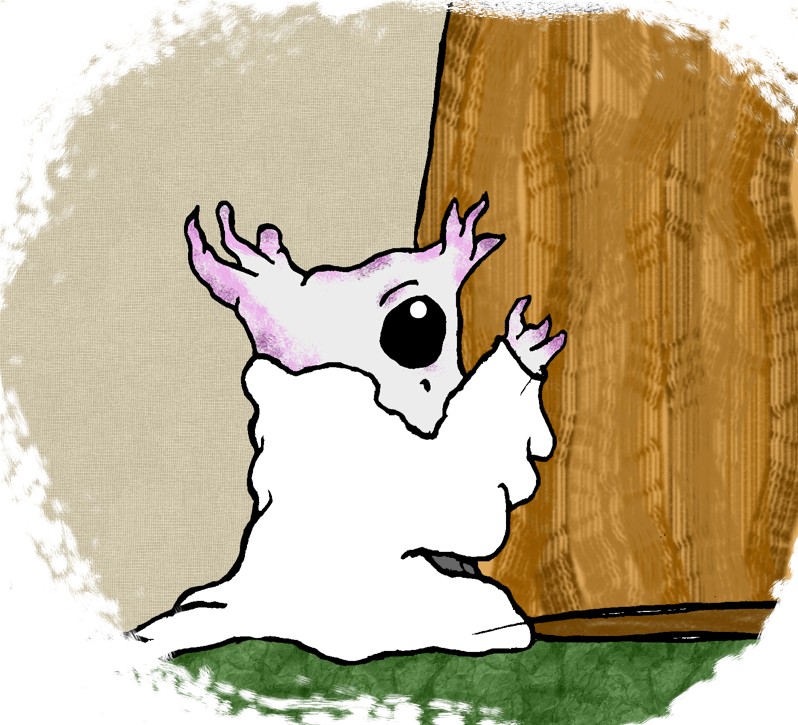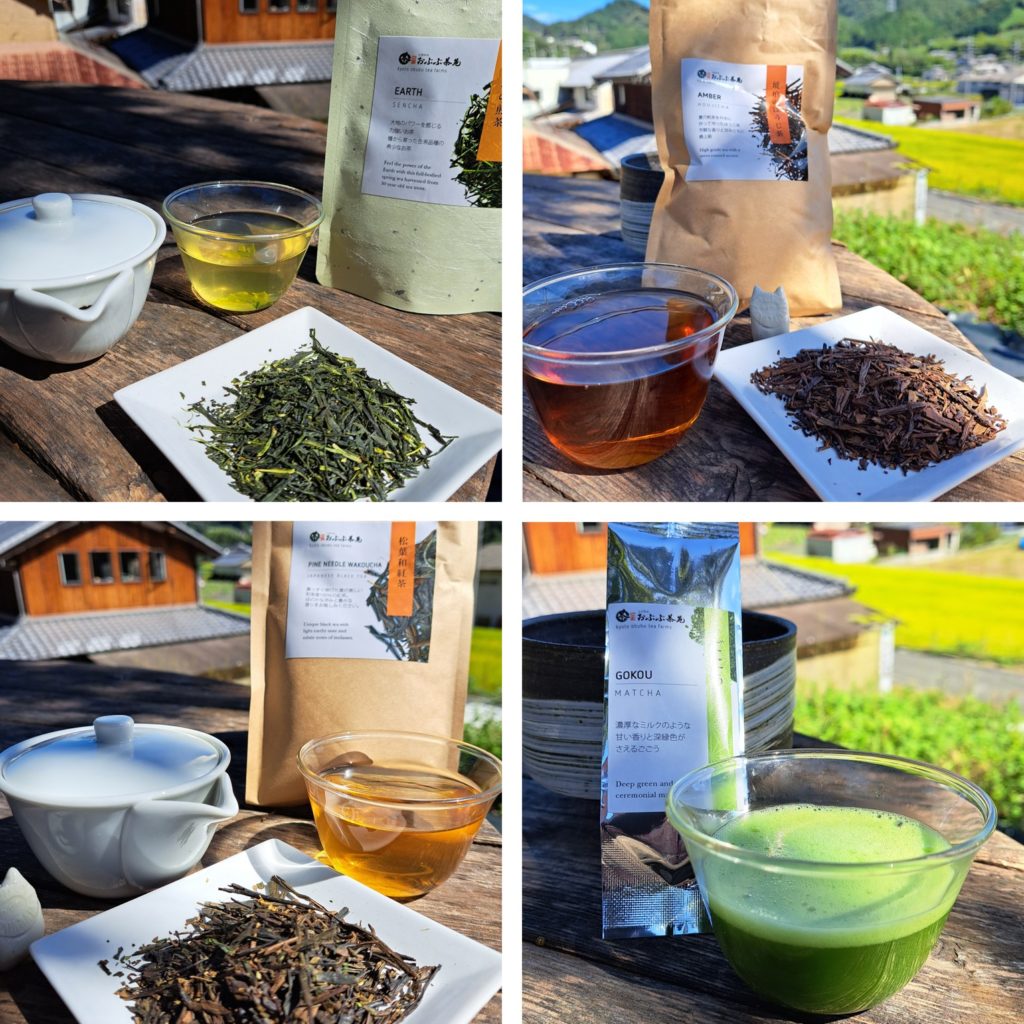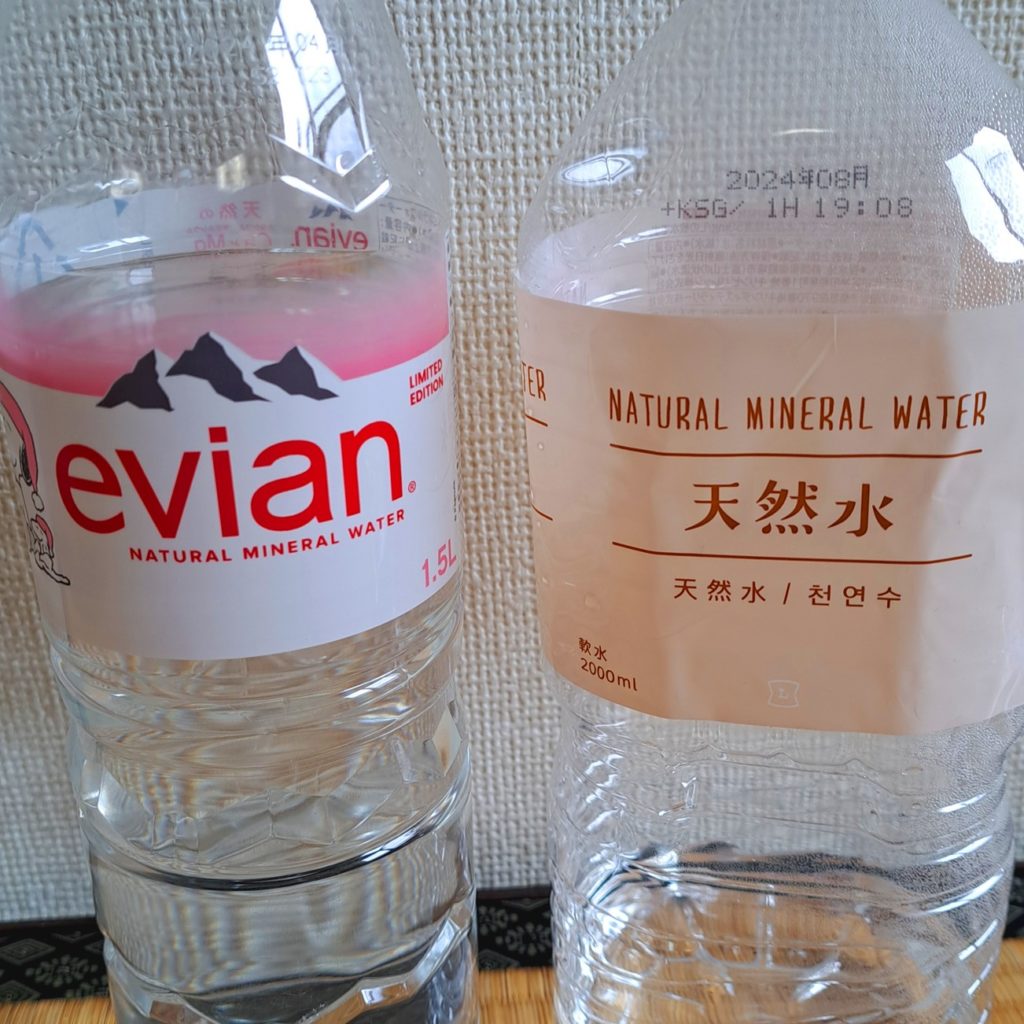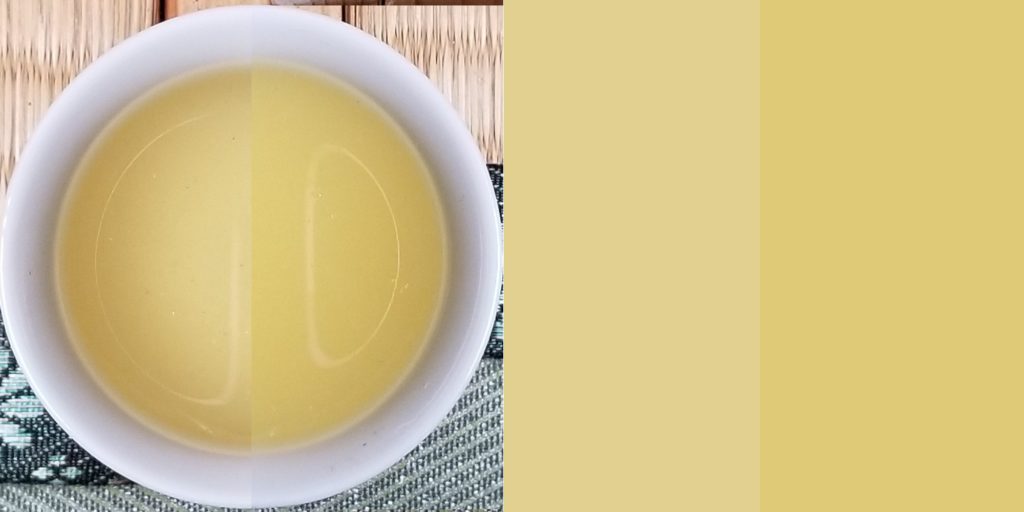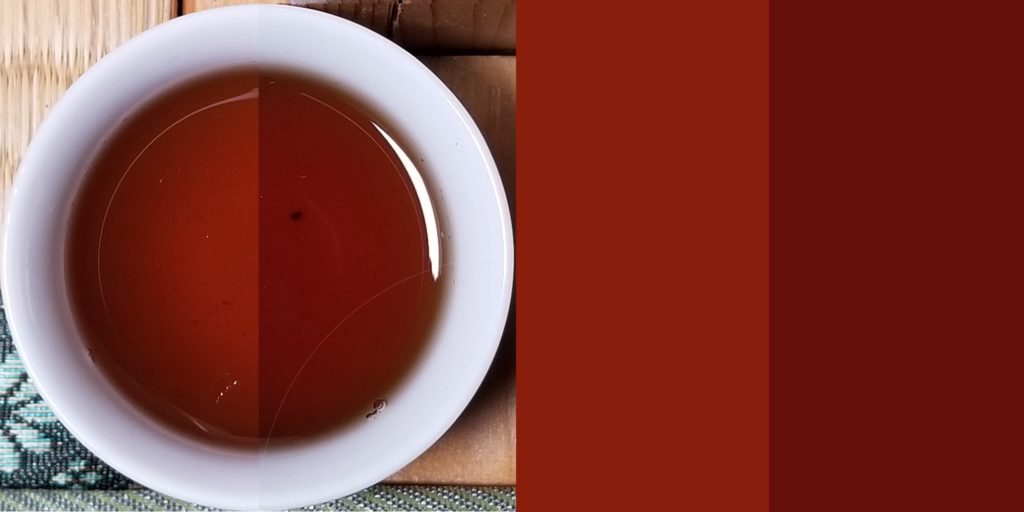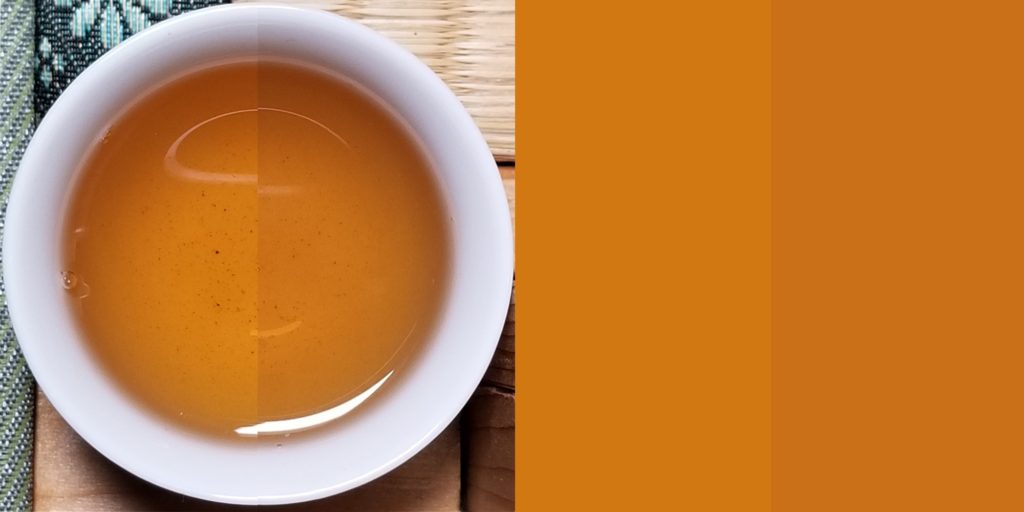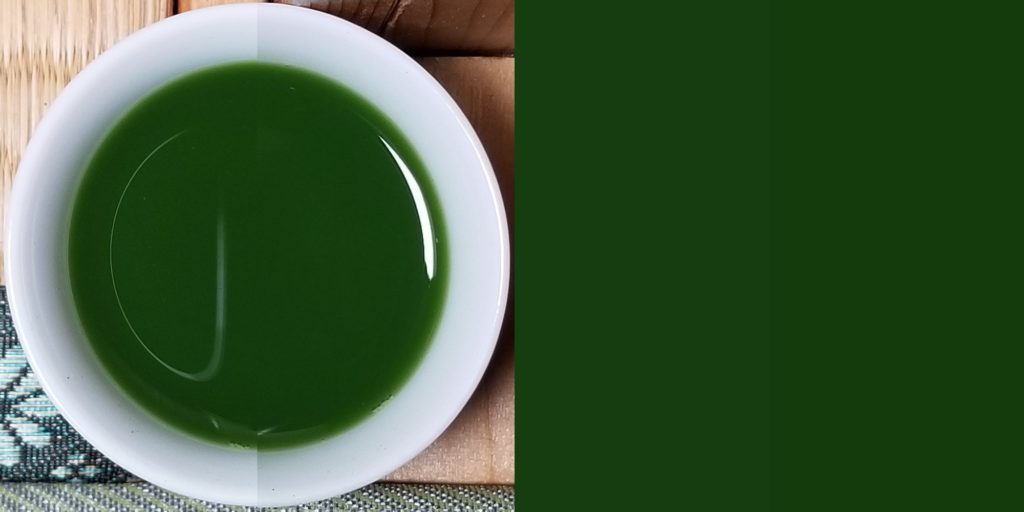Hello hello hello! Tea Intern, the Tea Potato, here! We’re going to start a really fun and interesting journey today. It involves *SCIENCE EXPERIMENTS*
With water!
…
Wait! Don’t go! I swear, this will be really fun.
Water makes up more than 99% of tea. If you’ve ever tasted a water that was awful, it will probably make awful tea. Sometimes though, a delicious water can also make a not very good tea. It all depends on the make up of the water, something that we will be discussing in depth over the next couple of months. During this time we will experiment with four teas: Sencha of the Earth, Amber Houjicha, Pine Needle Wakoucha, and Gokou Matcha.
The Teas
Each week we will brew these four teas with two different waters. One mineral water from a prefecture in Japan, and the other, a water from outside of Japan. We chose four different styles of teas to see how they would respond differently to the various waters.
The Waters
This week we’ll look at Natural Mineral Water by Kirin from the subsoil of Mt. Fuji in Shizuoka Prefecture and Evian, from Cachat Spring in the French Alps. Kirin has several different mineral waters from different prefectures so it’s important to check the bottle to see specifically the water source.
As many variables were kept as exact as possible across the different waters to make sure the teas were brewed exactly the same aside from the type of water. Tea and water were weighed by scale. Steeping durations were timed. Temperatures were measured. All that fun stuff. A porcelain houhin was used so that we don’t have to be concerned with clay interacting with the tea, and the houhin pours pretty darn fast so there is less of a possibility of variable pour times.
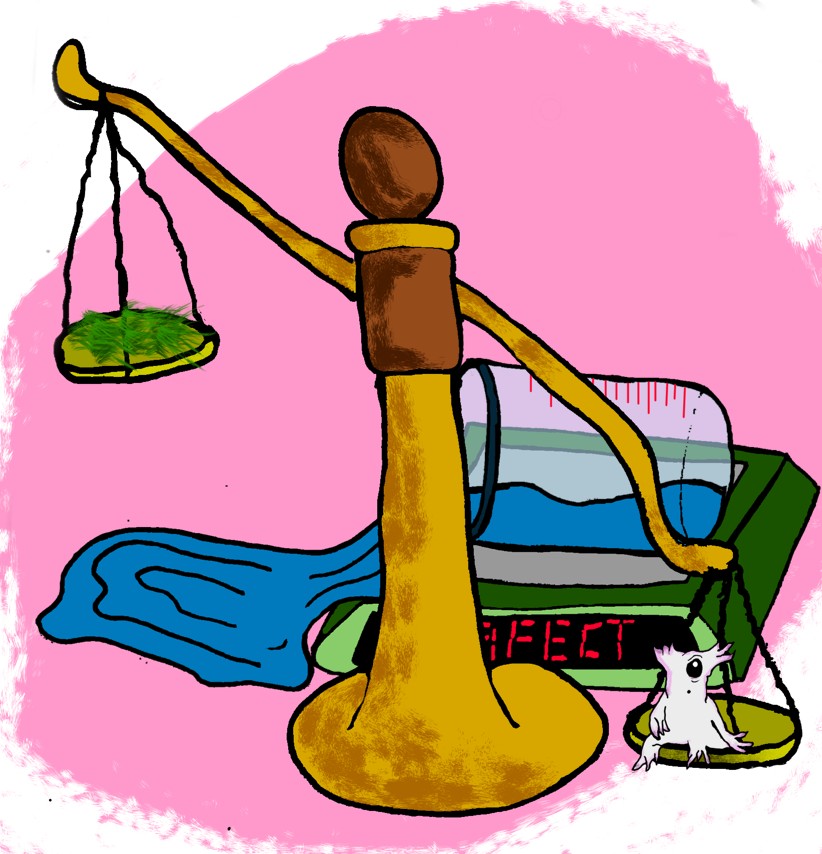
(Fig. 65. The Tea Potato demonstrating the care going in to making sure that every aspect of the brewing is the same except for the water)
One difference that we can keep track of while we are testing different waters is the color of the tea liquor. Behold! A tea color map!

(Fig. 345. A tea color map of tamaryokucha. An average color determined by using the color selector tool of in an editing program and setting it’s properties to averaging out a color over 100 pixels)
The same tea brewed nine different times with nine different waters. Aside from the water, everything was kept exactly the same. Each square is filled with the average color of the brew. We will be making similar charts for the four teas that we will be exploring these next couple of months.
Sencha of the Earth
When brewed with Evian, Sencha of the Earth is creamy with rich umami and dandelion greens flavor. However, these flavors last only briefly before dropping drastically and leaving a lingering astringency and bitterness on the sides of the tongue. With the second steep, the bitterness disappears completely leaving behind floral notes.
Kirin produces a Sencha of the Earth with not as strong of umami, but umami nonetheless that balances with the bitterness. While there are some similar dandelion green vegetal notes there are also floral notes as well. Pleasant finish with none of the astringency that Evian was bringing out. With a second brew, the floral notes only got stronger.
Amber Houjicha
Evian produced a deep and rich brew of cocoa, mocha, and tobacco notes. There is a mild bitterness running through it, but it’s a pleasurable bitterness that mellows out to a smooth finish. With Kirin, the brew has a much more sweet woodsy flavor. The cocoa is still there, but it is not nearly as rich and there are some additional spice notes as well.
Pine Needle Wakoucha
Pine Needle Wakoucha…Pine Needle Wakoucha…Pine Needle Wakoucha…Y’all, this just might be the most interesting one. With the Sencha and the Houjicha, it felt like the same tea, but just changing in some ways. Perhaps a little more bitter, more rich, a certain flavour was more pronounced, but this Pine Needle Wakoucha… I’m not a particularly smart potato, so it may not be saying much, but you could have convinced me that the Pine Needle Wakoucha was two different teas.
With Evian, Pine Needle Wakoucha brews up bright with flavors of walnut shells and fresh pine needles with some floral aromatics. Perhaps even a little citrusy. I feel like I may have been trying to convince myself that it was citrusy. There was no bitterness and only the slightest of astringency. Kirin produced a much earthy tea with notes of acorn squash and zucchini. And unlike Evian, Kirin had no astringency but just the tiniest of bitterness.
These results also appear completely backwards from what I would have expected based on results from sencha and houjicha. So much so that…uhm…I’ll be right back, I have to run the experiment again.
Turns out I am slightly competent. The previous notes are indeed correct. They don’t even seem to line up with the colors of the tea. Evian produced a much darker brew compared to the Kirin, even though it tastes much brighter. Water is wild.
Gokou Matcha
I’m really interested in the matcha results for this experiment. I’m much more of a sencha drinker so I haven’t done any previous water experiments with matcha. A design choice I made was to not try to whisk up foam on the matcha. The variability that would produce is something I couldn’t determine how to control for. Tiny bubbles in the foam also does not play nicely with color averaging. Evian produced a very creamy matcha with grassy notes. There was also some minerality that road on a pleasant lingering astringency. Kirin was a little brighter than the Evian and was much sweeter. The grassy notes were less pronounced while the astringency was much more mild. Neither one was bitter at all.
Why is there a lack of drastic color change in matcha? I’d wildly guess, for the three other teas, the water makeup determines the extraction from the tea leaves. When you make matcha, you’re mixing the entirety of the leaf into the water, the color of the matcha powder may overwhelm any color that’s extracted. As the weeks go on, this theory may change. Even the slight color difference this week may be purely due to lighting issues. If you look at the cup photo, you can see a slightly darker Evian cup which may explain the darker liquor. (Consistent lighting is even more difficult than consistent brewing)
But why do the two different waters make different tasting tea? Check in next week when we’ll go over the physical makeup of water while testing out Onsen Sui 99 from Kagoshima Prefecture and Crystal Geyser from California, United States of America.
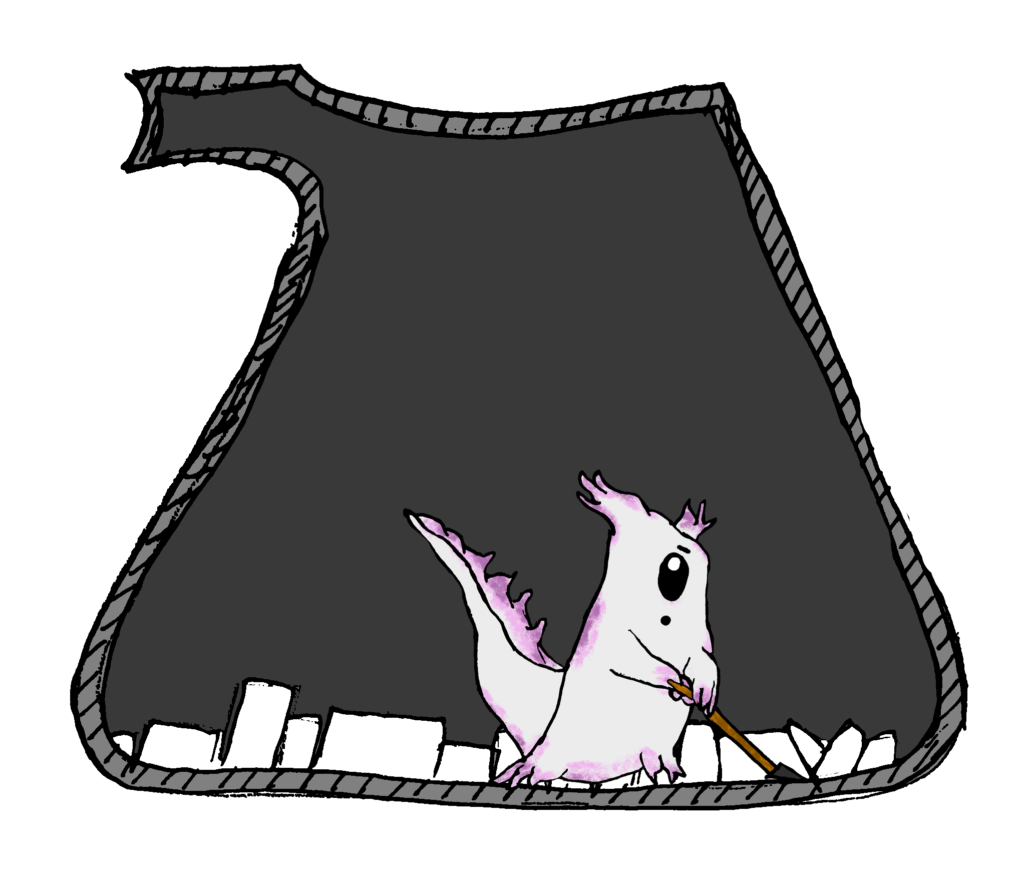
(Figure 107. There are no losers in this experiment, except the kettle used to brew Evian. Evian horribly scaled the kettle.)
Waters Tested
- Evian
- Kirin Natural Mineral Water – Shizuoka
- Onsen Sui 99 (Upcoming)
- Crystal Geyser – Mount Shasta (Upcoming)

